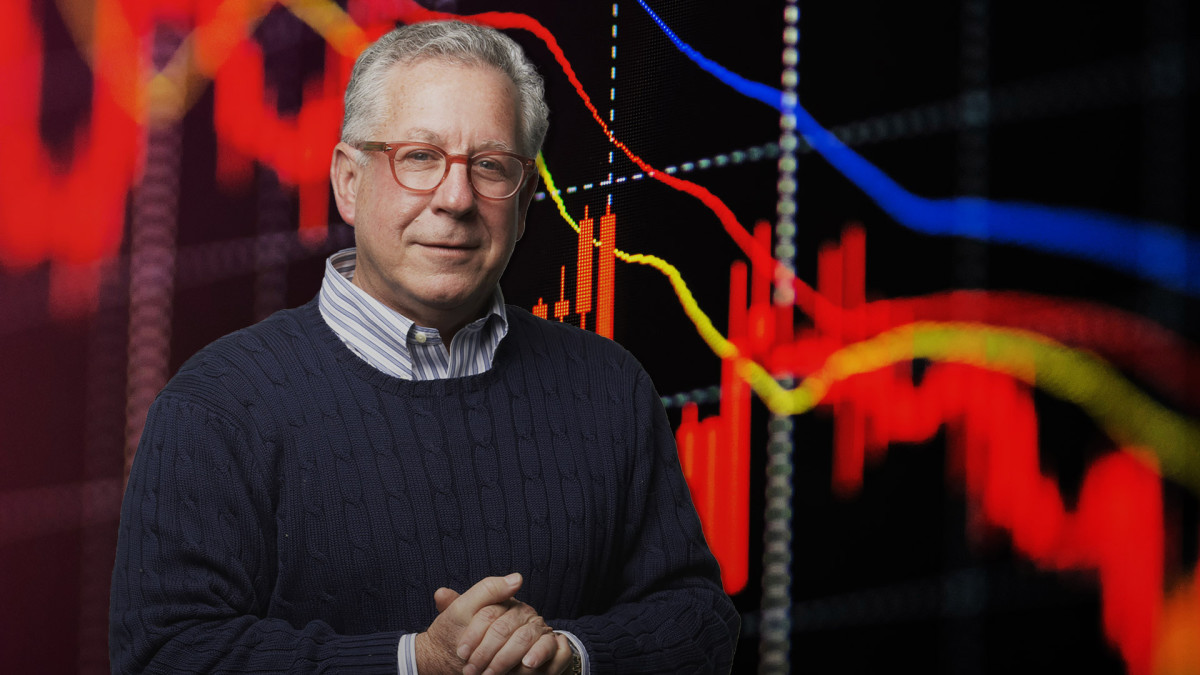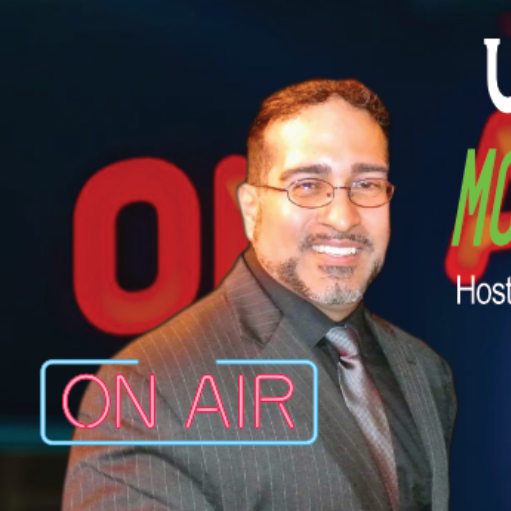The S&P 500 and Nasdaq indexes have rallied sharply since April 9, when President Trump announced a pause in his newly proposed reciprocal tariffs pending trade deals.
The double-digit gains were welcome news to investors who had been hit hard since February due to fears of a weakening U.S. economy, sticky inflation, job losses, and tariff threats. From its peak in mid-February to its low on April 8, the S&P 500 retreated 19%, nearly entering bear market territory before rebounding.
💵💰Don’t miss the move: Subscribe to TheStreet’s free daily newsletter 💰💵
The buy-the-dip crowd has certainly been well-rewarded, and optimism for trade deals that may significantly lower proposed tariffs remains. However, plenty of macro risks remain, and a sidelined Federal Reserve isn’t keen to ride to the rescue if things worsen.
The bull versus bear tug-of-war has surprised many, but veteran hedge fund manager Doug Kass isn’t among them.
Kass, who has managed money professionally for nearly 50 years, including a stint as director of research for Leon Cooperman’s Omega Advisors, correctly predicted in December that stocks would retreat, and he wisely bought stocks on the early-April collapse before the oversold rally happened.
Given Kass’s accurate predictions, investors should consider what he’s doing with his money now, especially after news that China and the U.S. plan to start trade negotiations soon.
 Veteran fund manager Doug Kass is making moves after the S&P 500’s recent rally.
Veteran fund manager Doug Kass is making moves after the S&P 500’s recent rally.
The Federal Reserve is stuck in a holding pattern
The Fed is entrusted with changing the Fed Funds Rate to maintain low unemployment and interest rates, a massive task this year given the weakening jobs market and inflation risks due to tariffs.
Related: Analyst unveils surprising Fed interest rate cut prediction
When the Fed raises rates, it slows inflation by hitting the brakes on economic activity. Unfortunately, that increases unemployment. When it cuts rates, it boosts employment, but fuels inflation.
The difficulty setting Fed monetary policy this year isn’t lost on Fed Chairman Jerome Powell.
“We may find ourselves in the challenging scenario in which our dual-mandate goals are in tension,” said Powell in April.
You ain’t kidding.
Unemployment has increased to 4.2% from 3.4% in 2023, and CPI inflation clocked in at 2.4% in March, above the Fed’s 2% inflation target, and unchanged from last September.
As a result, the Fed finds itself walking a tightrope, forced to the sidelines amid growing uncertainty. It risks adding more gasoline to the inflationary fire if it cuts rates. If it raises rates, it can nip inflation in the bud, but risks more layoffs and an already looming recession.
Related: Veteran analyst sends urgent message on S&P 500
Companies are already retrenching amid tariffs that will likely dent demand and profits, and households are cutting back spending because of inflation risks.
That’s neither an excellent recipe for GDP growth nor ideal for the stock market. Given that the Fed’s dilemma likely leaves it sitting on its hands, investors are rethinking their outlooks for sales and profit growth and their willingness to pay up to buy arguably already high-valuation stocks.
Fund manager sells the rip after buying the dip
Kass’s long Wall Street career means he navigated the inflation scare in the 1970s, the S&L crisis in the late 80s and early 90s, the Internet boom and bust, the Great Recession, the Covid pandemic, and 2022’s bear market.
His experience during good and bad markets helped him correctly forecast the S&P 500’s sell-off and rally this year.
Fund manager buys and sells
- Fund manager who forecast stock drop and pop talks what’s next
- Fund manager sends blunt message on S&P 500 bear market risk
- Fund manager resets stock market forecast after oversold rally
Unfortunately, after correctly buying the April dip, Kass thinks the stock market is running out of steam and will likely head lower.
‘The markets are increasingly unpredictable and volatile (VIX remains elevated),” wrote Kass on TheStreet Pro. “It’s a good time to have below-average invested positions, given value at risk (VAR) and the potential for more “tape bombs.” It is also a great backdrop for opportunistic traders — but no so great for the buy-and-hold crowd.”
The potential for trade deals has increased, and Secretary Bessent announced that negotiations with China are slated to start this weekend. A deal with China would be beneficial, given that the current 145% tariffs on Chinese imports have effectively shut down trade between the U.S. and China.
However, how a trade deal shakes out isn’t clear, and both the U.S. and China could take hardline approaches that create significant market volatility.
As a result, Kass says he agrees with iconic hedge fund manager Paul Tudor Jones, who recently said that stocks will retreat even if tariffs on China reset significantly lower. After Bessent announced the negotiations, Kass said he “went to work further on the short side.”
Kass is betting that stocks will roll over now that they’ve reached resistance, given that some indicators are starting to flash short-term overbought.
How low could the S&P 500 go on a retreat? It could undercut its April low.
“I see the market moving irregularly lower all summer, with a bona fide threat of new lows (estimated S&P range 4800-5800),” said Kass.
Related: Legendary fund manager makes bold stock market prediction
